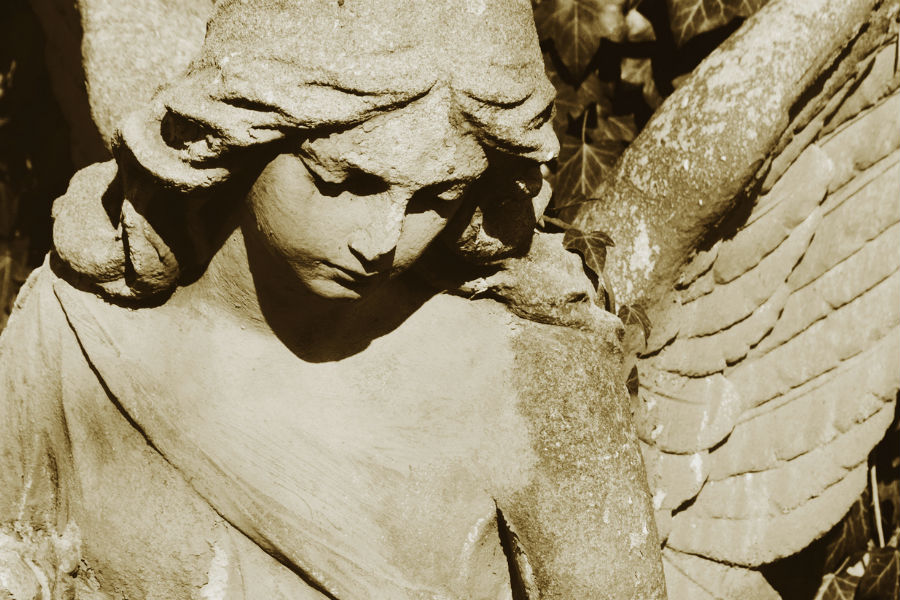
Death takes a toll on a family but dying without a will can make things even worse. Here are a few bad situations that you can avoid by having a will before your departure.
Are you in a common-law marriage? Look out!
- If you are legally married without any children, your spouse has an entitlement to everything. An unmarried partner or common-law partner, on the other hand, does not enjoy the same benefit. In fact, an unmarried partner receives nothing when their significant other dies without a will (also known as “intestate”). Common-law partners are not considered to be your “next of kin” under the Succession Law Reform Act. In the event you are not legally married, your estate would pass to your children. If you have no children then your next of kin would be your surviving parents or, if none, your siblings. If your siblings are no longer alive then your nephews and nieces would split the estate equally. Notice that nowhere in this list of “kin” is your common-law spouse. If you are in a common-law relationship, you need to take the necessary steps to prevent inadvertently leaving out your common law spouse.
Watch out for your children!
- If you have children, your legally married spouse will not inherit everything. (This excludes jointly held property with rights of survivorship). The legally married spouse is entitled to the first $350,000 of the estate and then will share the balance of the estate with your children equally.
- A parent is not an automatic Guardian of your child’s money.
Fighting is expensive.
- Estate litigation can be expensive. Why not reduce the likelihood of conflict and keep the money in the estate.
The house always wins.
- Not everyone has surviving relatives and if you die intestate with no one to claim your estate, the government gets it all! The Crown becomes the sole beneficiary. Section 47(7) of the Succession Law Reform Act states, “if a person dies intestate in respect of property and there is no surviving spouse, issue parent, brother, sister, nephew, niece or next of kin, the property becomes the property of the Crown, and the Escheats Act applies.”
Your legacy and namesake may be forgotten.
- What value do you put in leaving behind your name? What does your name mean to you? Did you want to leave a charitable legacy in your name?
- Do you have a business name or web domain? What happens to your small business, corporation, or even your private practice if you die?
- What happens to your entitlement if you are in a partnership? Can the corporation afford to pay off your family?
If you truly value any of the above, the last thing you’d like to pass on is a legal battle and a divide between family and friends. It happens more often than you think.
Self-drafted or DIY wills may not offer adequate legal protection, particularly if you identify with any of the above scenarios. Talk to a will lawyer Toronto to ensure that when you pass, your estate is distributed as you wish. Hummingbird Lawyers has experts who are all too familiar with the above scenarios. They can advise and assist you with the preparation of a comprehensive will.
Save your loved ones the trouble of dying without a will!
Fill out this short form to get a quote.
Hummingbird Lawyers LLP has two offices for your convenience. Providing qualified, skilled and experienced lawyers in Toronto and lawyers in Vaughan, we are committed to giving our clients the convenience, expertise and guidance they need.
If you have questions about Wills, please contact:
Tracey Jones, Law Clerk
Email: info@hummingbirdlaw.com
Phone: 905 731 1911

